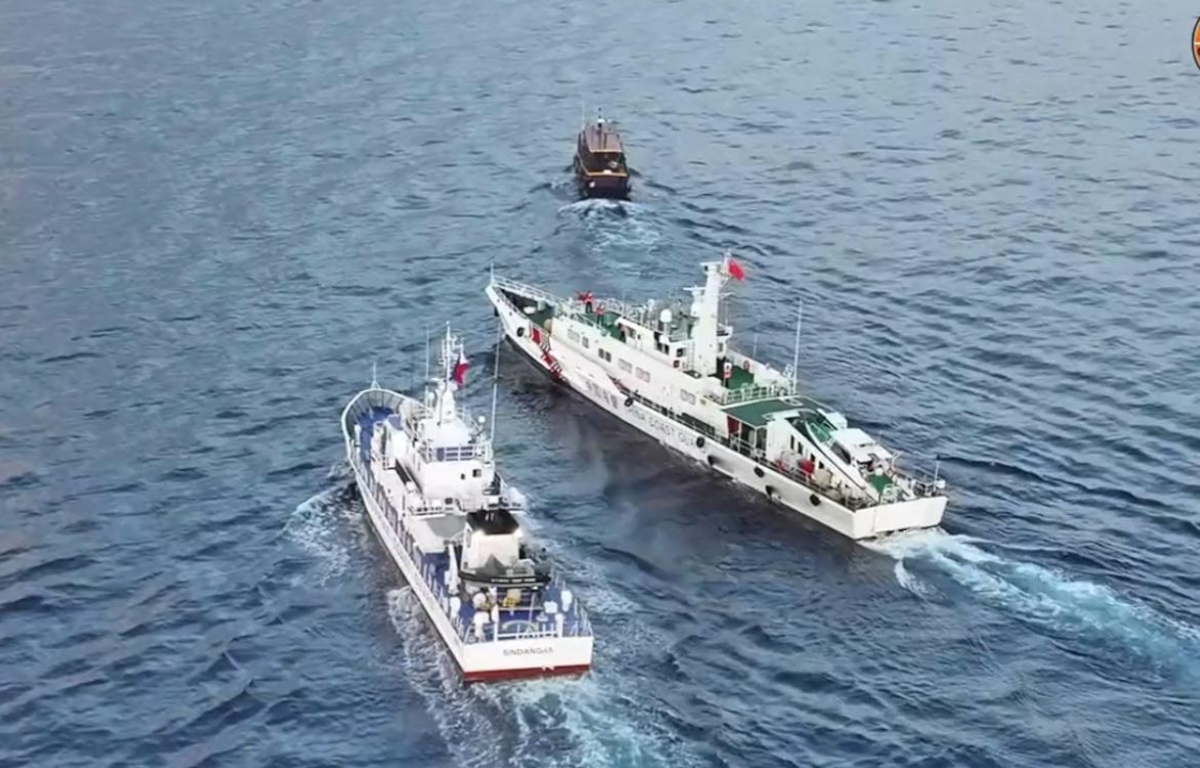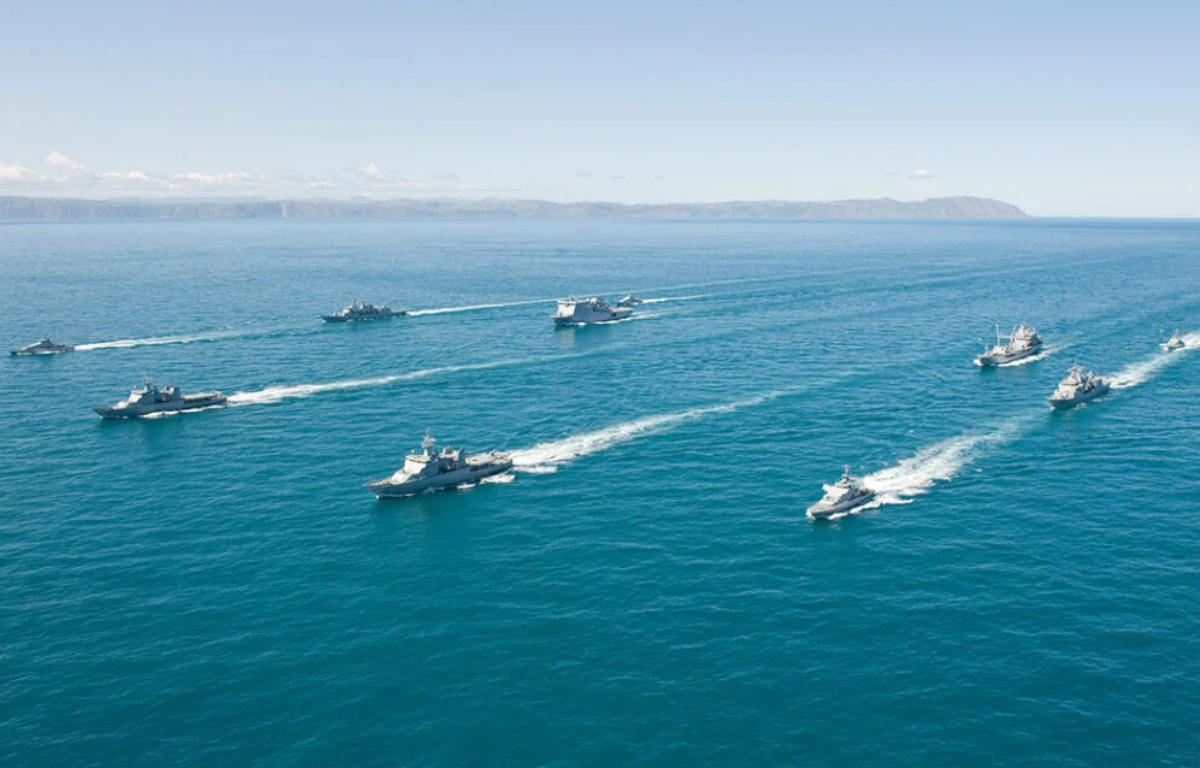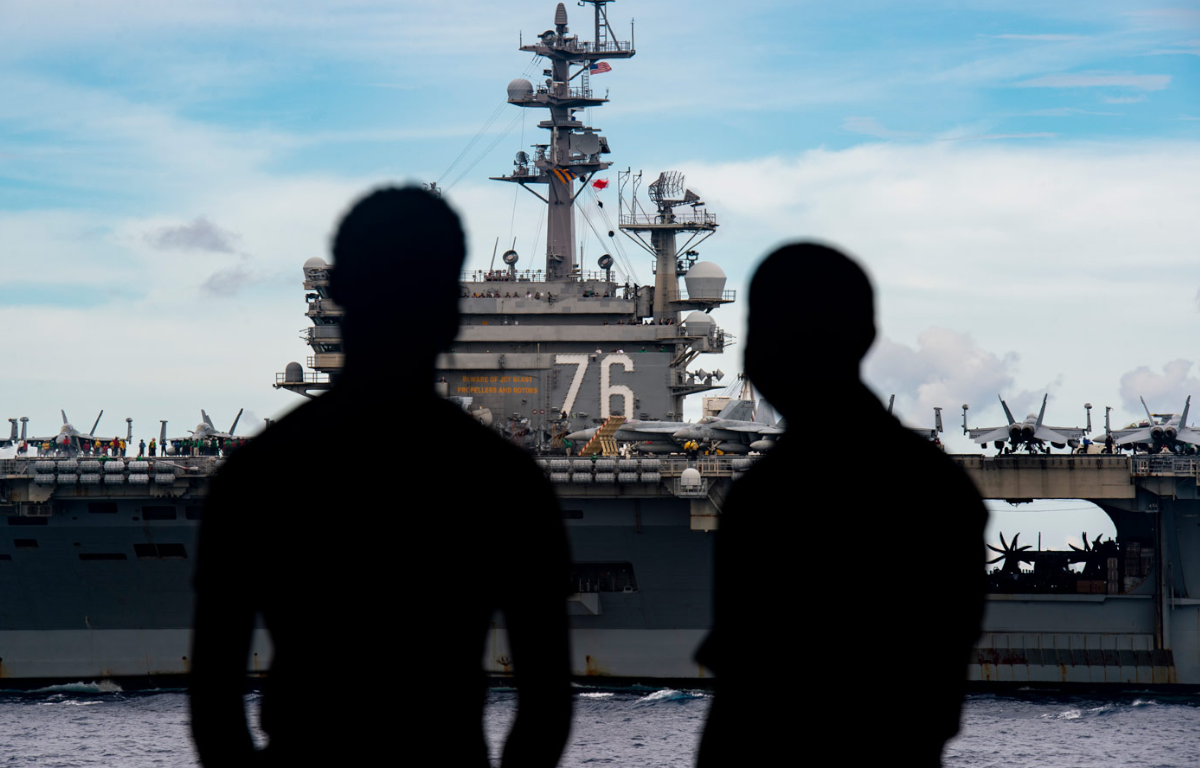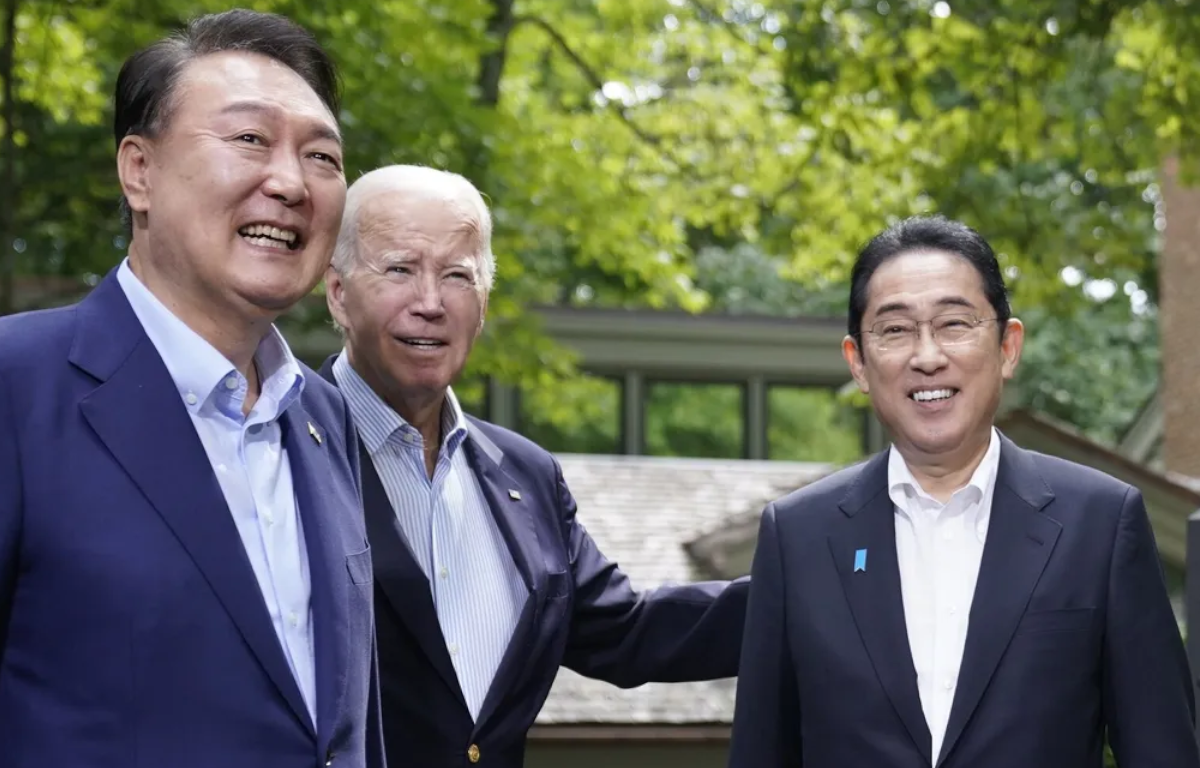
The Balikatan exercises have been held since 1981 under the US-Philippine Mutual Defense Treaty, which was signed in 1951 and remains the foundation of their defense alliance. The exercises were scaled down in 2020 due to the COVID-19 pandemic but were still able to proceed in a smaller format.
This year’s Balikatan exercises come amid rising tensions in the region, particularly over territorial disputes in the South China Sea. China has been asserting its territorial claims in the disputed waters, which overlap with those of the Philippines and other Southeast Asian nations. In response, the Philippines has been enhancing its defense capabilities and seeking closer security ties with the US and other allies.
The Balikatan exercises are part of the broader US-Philippine defense cooperation under the Enhanced Defense Cooperation Agreement (EDCA), which was signed in 2014 and allows the US to rotate troops and military assets in the Philippines on a temporary basis. The agreement has faced legal challenges in the Philippines, with some critics arguing that it violates the country’s sovereignty and the constitution.
However, the Philippines’ top court upheld the constitutionality of the EDCA in 2016, paving the way for its implementation. Since then, the US has been able to station troops and equipment in designated Philippine military bases, including in the western island of Palawan, which is close to the disputed waters.
The Balikatan exercises also highlight the importance of interoperability and capacity-building between the two armed forces, particularly in areas such as counterterrorism and disaster response. The US has been providing military aid and training to the Philippines in these areas, as well as in maritime security and cyber defense.
The Philippine military has been engaged in various counterterrorism operations in recent years, particularly against local extremist groups affiliated with the Islamic State. The US has been supporting these efforts through intelligence sharing and training.
Moreover, the Philippines is vulnerable to natural disasters, such as typhoons, earthquakes, and volcanic eruptions, which require swift and coordinated responses. The US has been providing humanitarian assistance and disaster relief to the Philippines, as well as helping the country develop its disaster response capabilities.
The Balikatan exercises also serve as a platform for cultural exchange and people-to-people diplomacy between the two countries. Aside from the military drills, there will also be activities such as sports events, medical and dental missions, and community outreach programs.
The Philippine-US annual military drills are not only the biggest ever but also a reflection of the strong defense partnership between the two allies. The exercises demonstrate their commitment to enhancing their defense capabilities and promoting regional security and stability, amid growing security challenges in the region. While there may be some concerns and criticisms about the US-Philippine defense cooperation, particularly with regards to sovereignty and legal issues, the benefits of such cooperation cannot be denied, particularly in areas such as counterterrorism, disaster response, and capacity-building.










Share this: